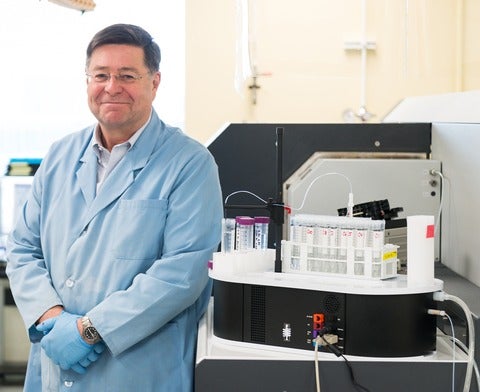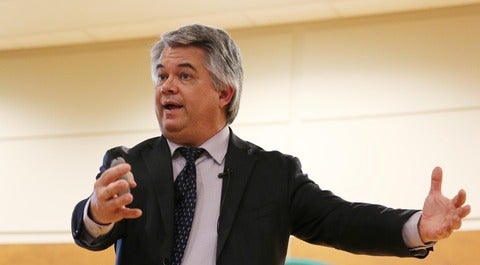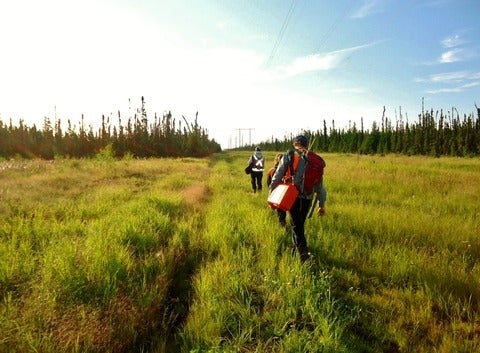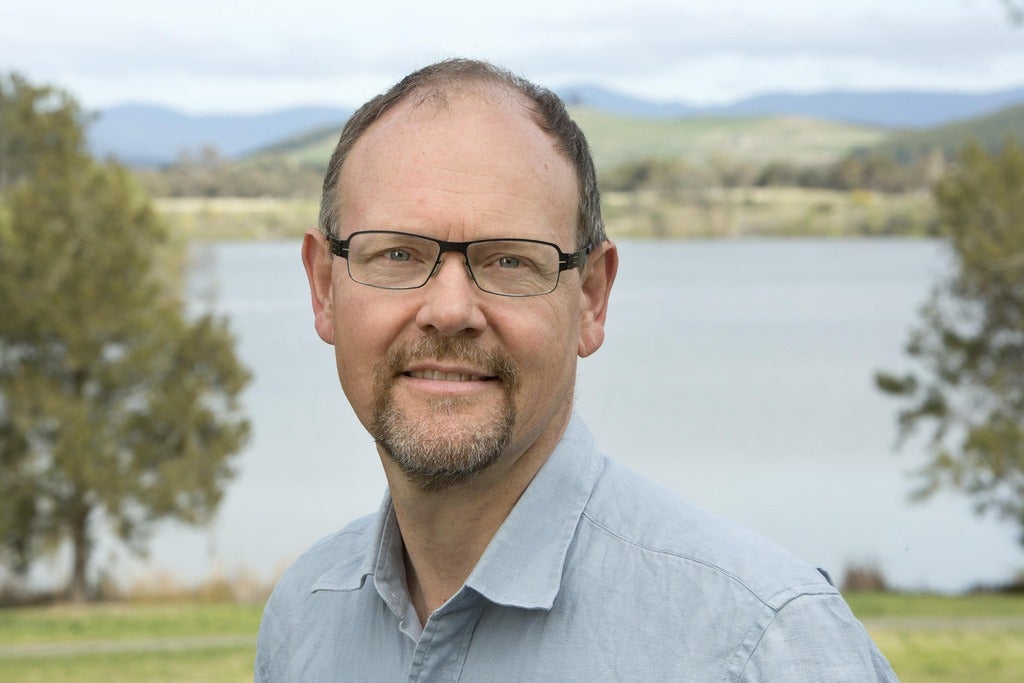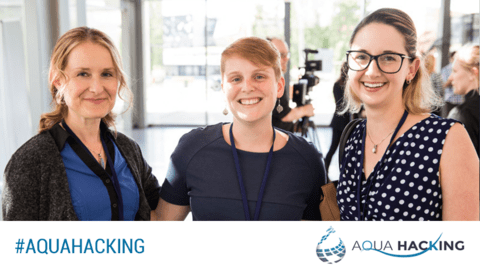The Royal Society of Canada elects David Blowes as new Fellow
The Water Institute is thrilled to announce that David Blowes, professor in Waterloo’s Department of Earth and Environmental Sciences, has been elected as a Fellow of the Royal Society of Canada.
